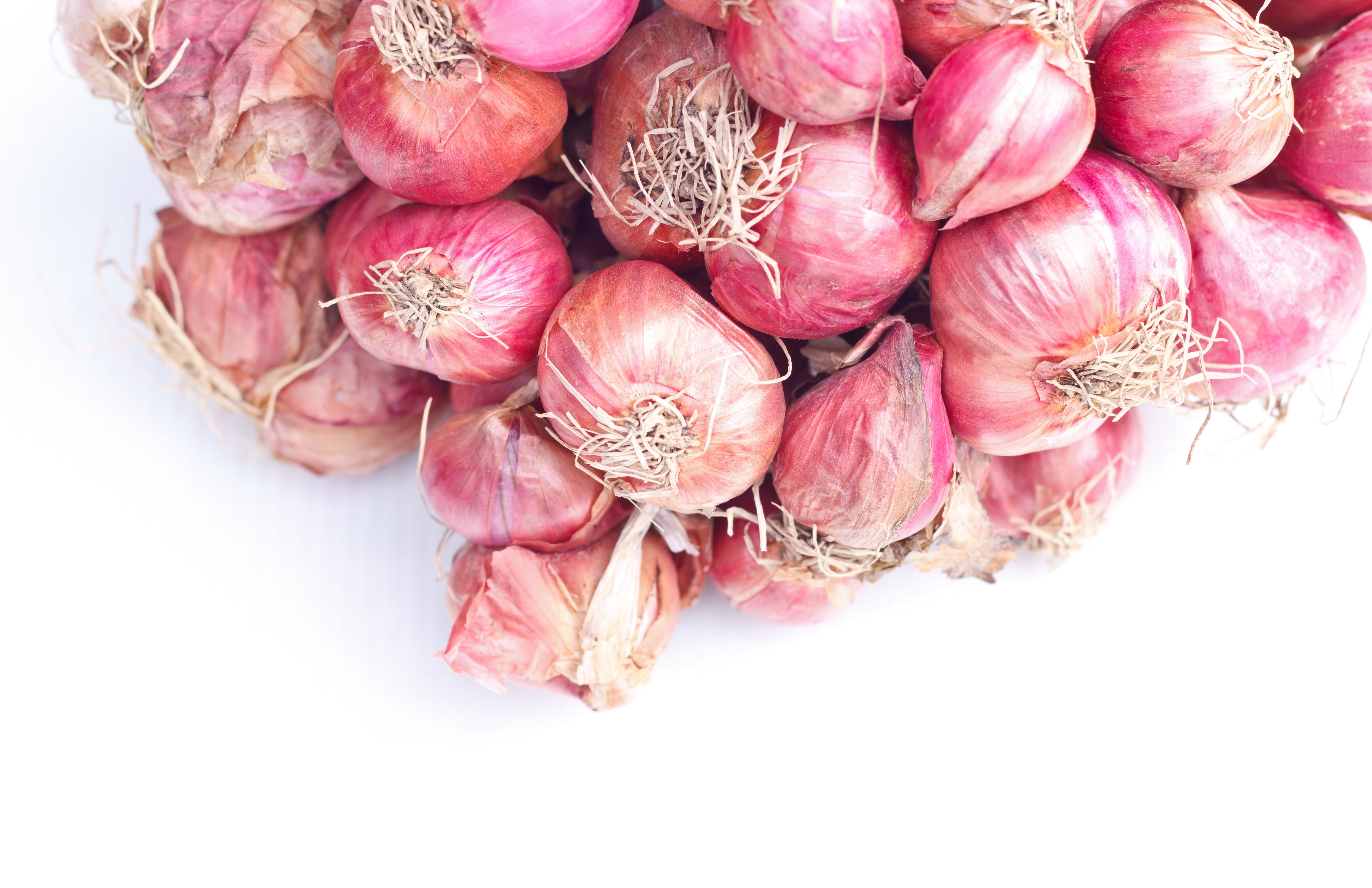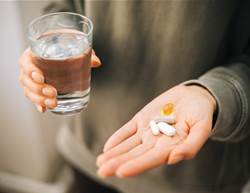There’s a reason plant-based diets get so much healthy hype. Loading up on fruits and vegetables has been linked with a lower risk of chronic disease and plants themselves are packed with tonnes of vitamins, minerals, and nutrients that promote overall wellness.
Often, too, those plant-based pigments-say, the beta-carotene in orange veggies or anthocyanins in purple fruits-get singled out for their powerful roles in fighting inflammation, stress, and diseases like diabetes, heart disease, and even cancer.
One in particular: a flavonoid called quercetin found in various fruits and vegetables, which has been touted for its ability to boost cardiovascular health and possibly even reduce cancer risk. So it’s no surprise, then, that some people are popping it in supplement form.
But what exactly is quercetin? And do you really need a pill to reap the benefits of the so-called plant-based powerhouse? Below, we dig into the research and consult with registered dietitians to find out.
What is quercetin?

“Quercetin is a flavonoid known for its antioxidant and anti-inflammatory health benefits,” explains dietitian Yasi Ansari.
Basically, it’s a health-promoting compound found in a variety of fruits and vegetables, like apples, onions, citrus fruits, leafy greens like kale, as well as black and green teas. It comes in supplement form on its own and is included in both ginkgo biloba and St. John’s Wort, two popular herbal supplements.
Potential quercetin benefits
In large, quercetin’s health benefits boil down to its ability to fight inflammation and its antioxidant properties, meaning it can neutralise damaging free radicals (a type of molecule in the body), which is a common precursor to several chronic diseases. That’s where many of the proposed perks of supplementation come in.
Inflammation
Research-which, by the way, has mostly been done in animals and in labs-has suggested quercetin has both brain-protective and antidepressant effects and may reduce inflammation and oxidative stress, a condition in which free radicals cause damage to cells.
Heart disease
Some studies show that quercetin may protect against the buildup of plaque in the arteries, decreasing “bad” LDL levels, thus reducing risk of heart disease and high blood pressure, explains Ansari.
Allergies
Quercetin has also shown some promise in relieving allergies as it stabilises mast cells, which release histamine, says dietitian Robin Foroutan. “Histamines are to blame for symptoms like seasonal allergies, so high doses of quercetin can be really helpful to reduce seasonal allergy and hay fever symptoms.”
Cancer risk
Some in vitro data (meaning the research was done outside of a living organism, like a culture dish) has even indicated that quercetin may help to decrease the formation of liver cancer cells and quantities of rectal tumours, explains Ansari. Unfortunately, though, there are few large-scale clinical studies in people and the ones that exist have shown varying effects of quercetin. Plus, it may even interfere with certain chemotherapy drugs because of its antioxidant properties.
“Although there is some level of decreased cancer incidence, there is no evidence that it is the activity of quercetin alone versus the combination of more than one antioxidant providing the health benefits,” says Ansari.
How can you add quercetin to your diet?
Your body has a tough time absorbing quercetin properly, so naturally a supplement-which usually contains concentrated amounts of the stuff-would make sense if you’re trying to up your intake.
However, some research actually finds the quercetin in whole foods is more bioavailable to the body than capsule varieties. Certain studies suggest the quercetin from onions is more bioavailable than that from apples, for example, and that eating the antioxidant alongside heart-healthy fats can improve absorption, too.
Of course, not all studies point to this and ultimately, more research in humans is needed to understand absorption from both supplementation and food. Ansari, however, favors a food first approach.
“I think there is some evidence to suggest health benefits of quercetin supplementation for those suffering from high blood pressure and overall increased risk of chronic disease and inflammation,” says Ansari. “But it’s too early to tell as additional research is still needed on dosage, type, and what to pair supplements with that would help increase absorption.”
So do you really need to take a quercetin supplement?
As of now, there are no specific public health recommendations for quercetin intake says Ansari.
If you are curious to try them anyway, research generally suggests that a dosage under 1,000 mg a day seems safe, she notes. Just note that it can effect everyone differently, so be aware of the potential downsides a quercetin supplement may have on your body, especially when take for long periods of time at high doses.
Quercetin side effects
- Negative interaction with certain medications, such blood thinners (like aspirin and warfarin), chemotherapy drugs, antibiotics, corticosteroids, and other drugs
- Potential kidney damage
- Headaches
- Upset stomach
- Heartburn or acid reflux
If you decide to take a supplement, always consult with your doctor or discuss your decision with a registered dietitian, especially if you are pregnant or taking prescription medications.
The bottom line: Quercetin has its perks-as do many other antioxidants and flavanoids. But for now, try to get quercetin from foods rather than a supplement to avoid potential side effects. Ansari recommends getting it from a diet rich in fruits, and vegetables and herbs, as well as heart-healthy fats and lean meats to boost absorption.










